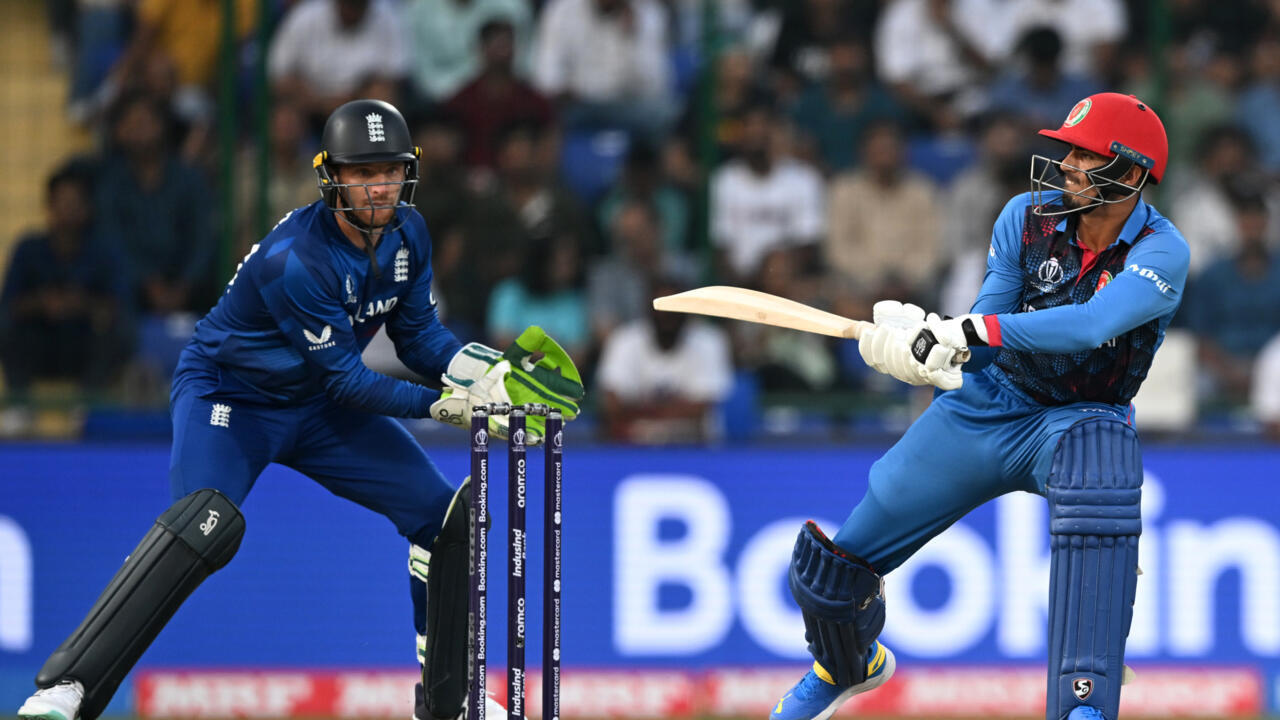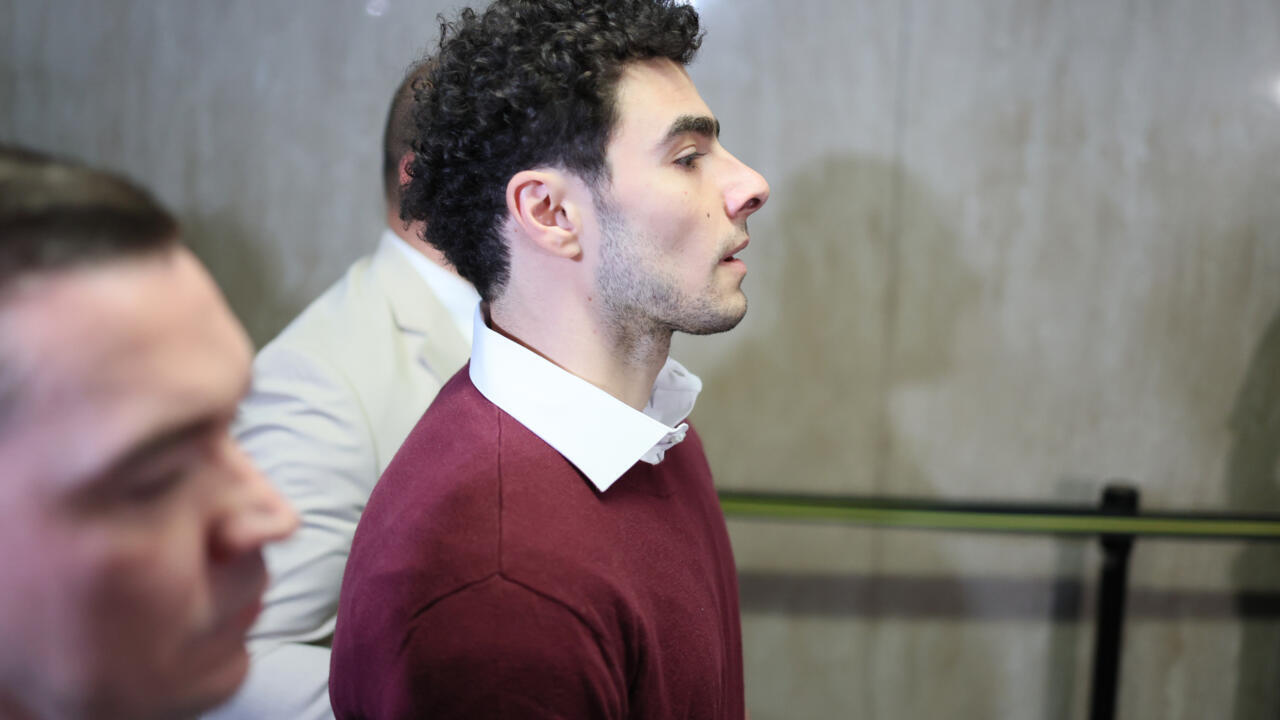A group of more than 160 British politicians have called on the England and Wales Cricket Board (ECB) to refuse to play Afghanistan in protest at the women’s sports policy of the Taliban.
Since returning to power in 2021 the Taliban have effectively banned female participation — a move that puts the Afghanistan Cricket Board at odds with International Cricket Council (ICC) rules.
The ICC, however, have allowed the Afghanistan men’s team to continue to compete in global competitions, with England due to face them in the one-day international Champions Trophy in Lahore on February 26.
ECB chief executive Richard Gould has resisted calls for a boycott, saying he would “actively advocate” for collective action by the ICC rather than have England forfeit the game — a move that would likely lead to a points deduction.
A spokesman for UK Prime Minister Keir Starmer, meanwhile, has urged the ICC to take the lead on the issue but former England fast bowler Harmison fears the spotlight will be turned on Buttler.
Harmison was a member of the England squad urged to boycott a game against co-hosts Zimbabwe at the 2003 ODI World Cup in protest at the government of Robert Mugabe.
England eventually refused to play the game following death threats but only after captain Nasser Hussain led his side through several days of anguished talks in Cape Town.
There are now reports the ECB are concerned about the possible security implications arising from a response to a boycott by Taliban supporters.
“The one thing I will say is just please don’t throw Jos Buttler under the bus, like Nasser got thrown under,” former England fast bowler Harmison, 46, told Global Player’s Sports Agents podcast.
“Nasser, he wasn’t just thrown under the bus, he was reversed, backed over. We got our lives threatened. Sportsmen and women should not be involved on the political side.
“Don’t put Jos in this position, he really doesn’t need that and the England cricket team doesn’t need that. If the ICC want to have a go with Afghanistan, that’s their fight — it’s not the England captain’s fight.”
South Africa, who are also due to play Afghanistan at the Champions Trophy, have backed the ECB’s stance.
This is despite veteran anti-apartheid campaigner and British politician Peter Hain, who played a key role in sparking his native South Africa’s sporting isolation during the 1970s, calling for a boycott.
“We are of the view that a more unified and collective approach from all ICC members will be more impactful,” said Cricket South Africa president Rihan Richards.
© 2025 AFP





